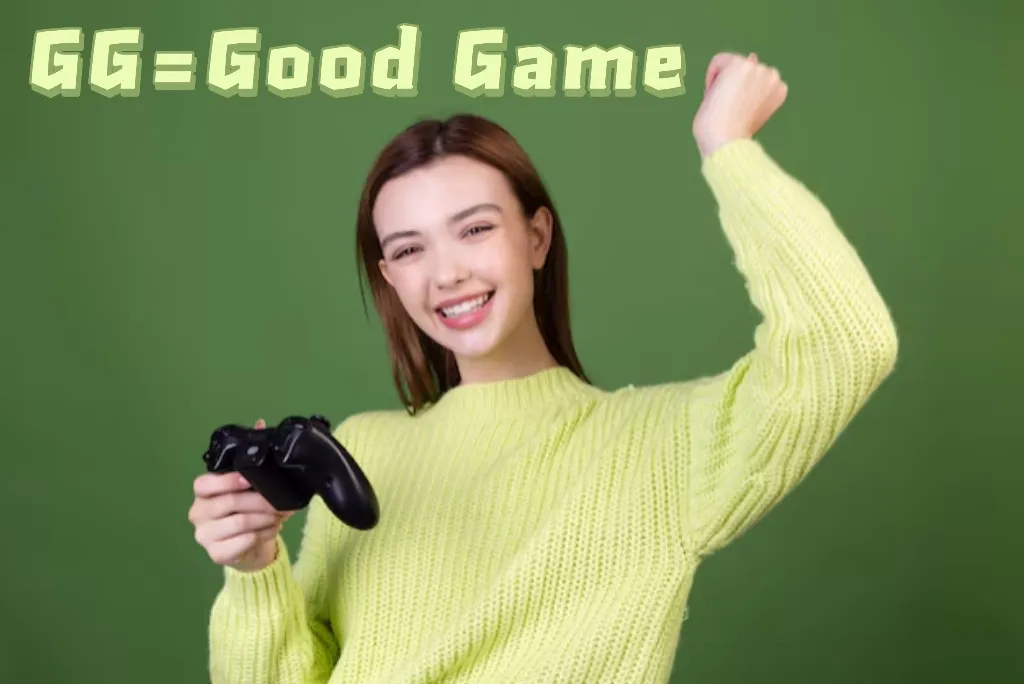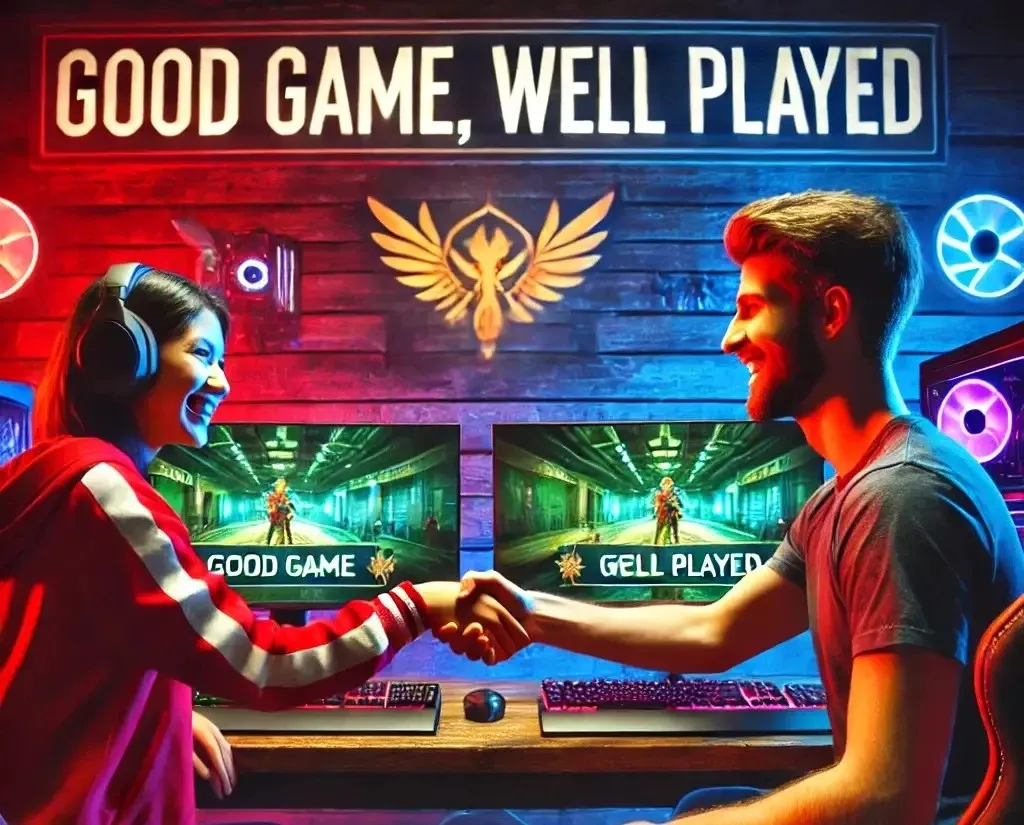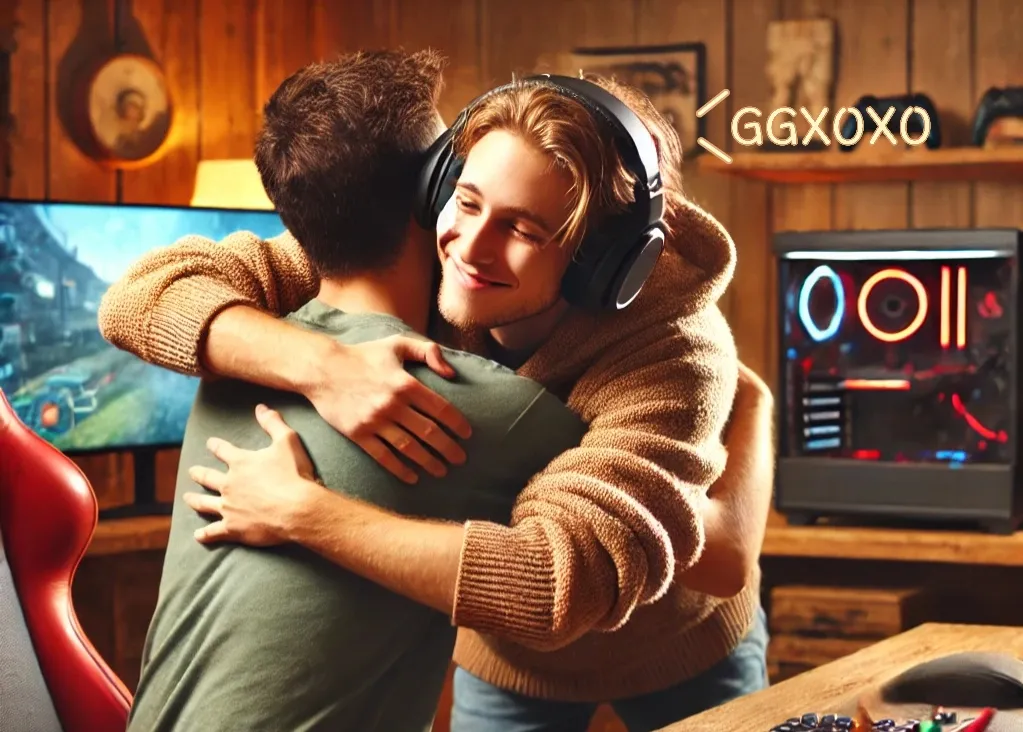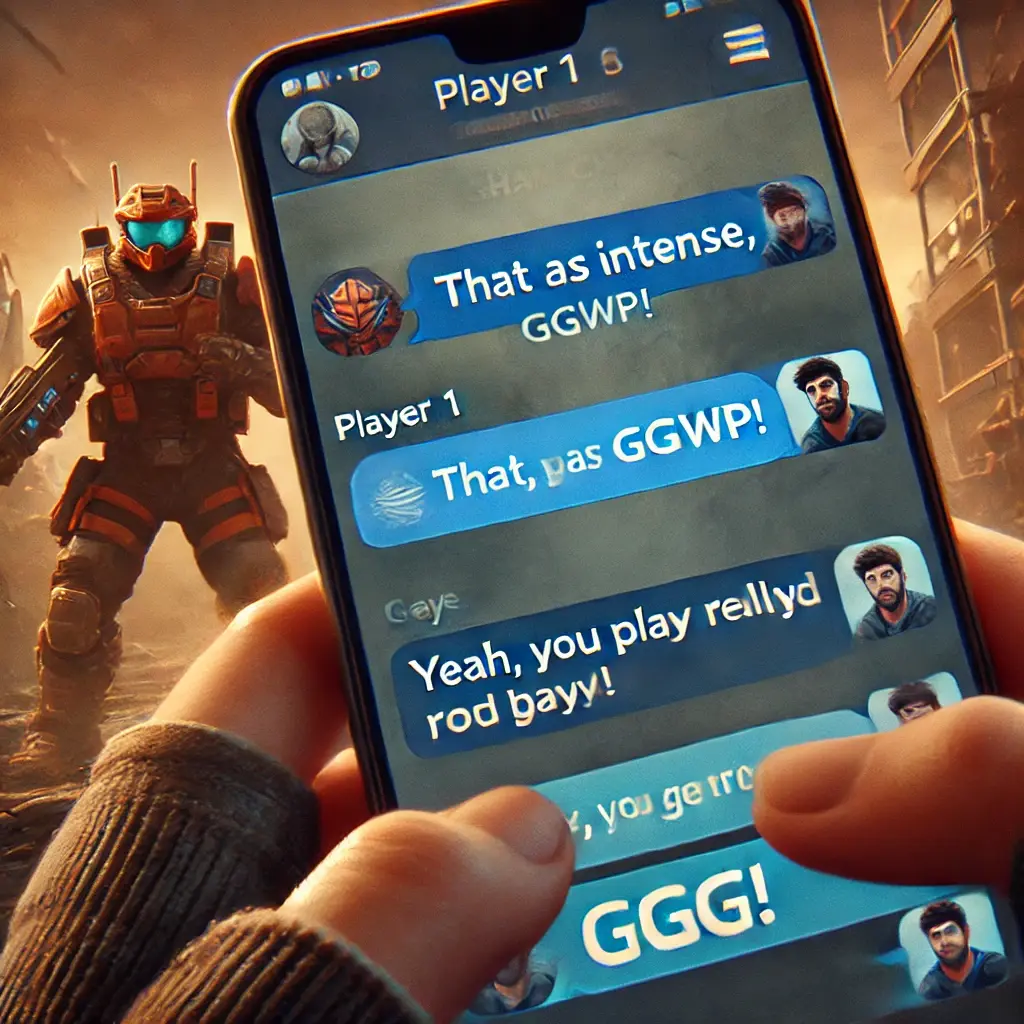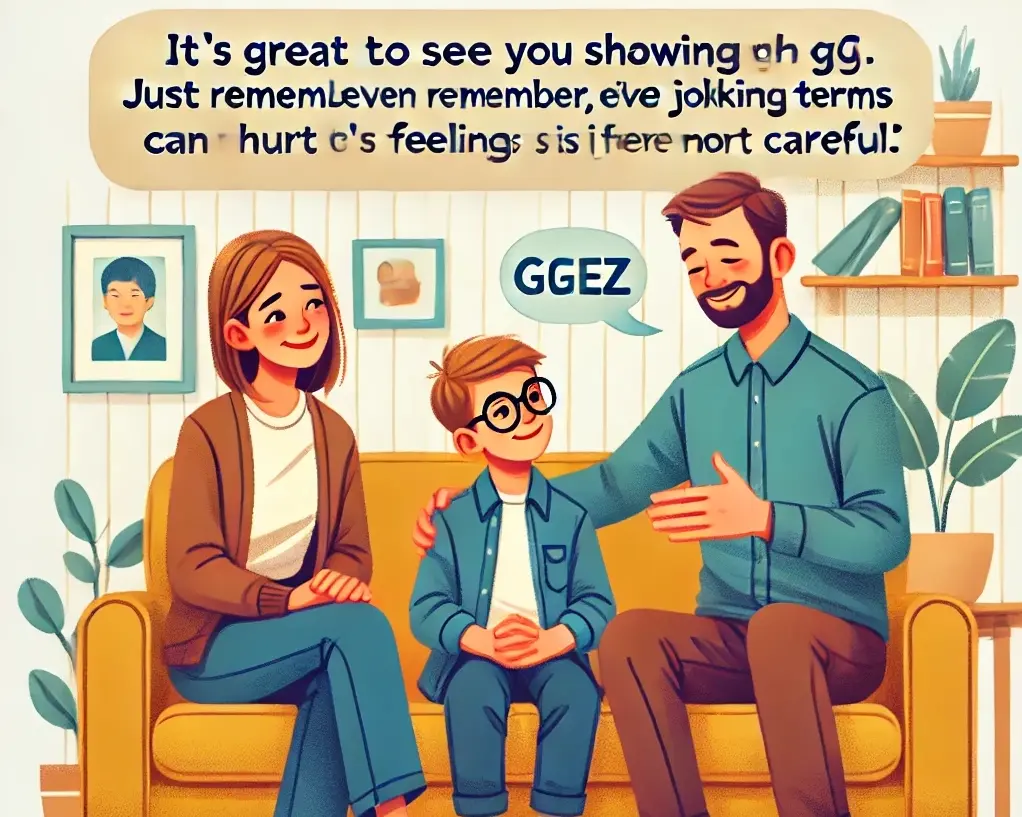What does GG mean? Origin, Extension, Use Cases & More

Last updated:7월 24, 2024
Table of content
Part 1. What does GG mean
GG stands for "Good Game," a term frequently used in online gaming and chat rooms to express sportsmanship and mutual respect. It serves as a polite acknowledgment that the game was enjoyable or well-played, regardless of the outcome. When players type "GG'' at the end of a match, they are fostering a positive and respectful gaming environment. This gesture transcends winning or losing, emphasizing the importance of fair play and camaraderie.
In the broader context of online communication, GG has become a versatile expression. It is used to signify the end of an event, conversation, or activity on a positive note. For example, in a competitive online match, typing "GG" signifies recognition of the effort and skill demonstrated by all participants. Beyond gaming, GG can be used in various online communities, forums, and social media platforms to signal the conclusion of discussions or collaborative efforts.
Part 2. Origin of GG slang
The origin of GG slang dates back to the early days of online multiplayer games. The exact game that first used GG is unclear, but it gained prominence in the 1990s with games like "StarCraft" and "Quake." These games' competitive nature led to the need for a quick and easy way to show respect between players.
GG was the perfect fit. Over time, as online gaming communities grew, GG became a standard part of gamer etiquette. The evolution of online communication further solidified GG's place in digital vernacular, expanding beyond gaming into broader internet culture.
Part 3. Extension of GG slang
Over time, the "GG" slang has evolved, giving rise to various extensions that add nuance and context to the basic "Good Game" message. Here are some common GG variations and their meanings:
1. GGWP
GGWP stands for "Good Game, Well Played." This extension is used to give extra acknowledgment to opponents who performed exceptionally well. It's a way to show admiration for the skill and effort displayed during the game.
2. GGEZ
GGEZ means "Good Game, Easy." This term is often used sarcastically, suggesting that the game was not challenging. While it can be playful, it can also be seen as disrespectful, implying that the opponent was not a worthy challenge.
3. GGNORE
GGNORE stands for "Good Game, No Rematch." This extension is used when a player does not wish to play another round, often because the game was particularly exhausting or one-sided.
4. GGHF/GGGL
GGHF stands for "Good Game, Have Fun," and GGGL means "Good Game, Good Luck." These phrases are used at the beginning of matches to foster a friendly and competitive atmosphere.
5. GGWPGLHF
GGWPGLHF combines several phrases: "Good Game, Well Played, Good Luck, Have Fun." This comprehensive greeting or sign-off is used to promote sportsmanship and camaraderie throughout the game.
6. GGNOOB
GGNOOB combines "Good Game" with "Noob" (a derogatory term for a novice player). This extension can be mocking, implying that the game was easy because the opponent lacked skill.
7. GGG
GGG stands for "Good Game Guys." This phrase is used to acknowledge all participants in the game, emphasizing a collective appreciation for the match.
8. GGHR
GGHR means "Good Game, Hard Round." This extension acknowledges that the game or a specific round was particularly challenging, recognizing the effort from all players.
9. GGX
GGX is a variation where X can stand for any additional descriptor, like "GGXOXO" for "Good Game, Hugs and Kisses." This allows for creative and personalized sign-offs.
10. GGF
GGF stands for "Good Game, Friend." It’s used to show respect and friendliness, often between players who know each other well.
Part 4. How do teenagers use GG slang? Examples
Teenagers use GG and its various extensions to communicate quickly and effectively in online gaming and social media contexts. These terms have become part of their digital vernacular, allowing them to express a range of emotions and reactions concisely.
For example, in a competitive gaming scenario, a teenager might use GGWP (Good Game, Well Played) to compliment an opponent's skill after a tough match. Conversely, they might use GGEZ (Good Game, Easy) sarcastically to boast after an effortless victory. These terms help build camaraderie, signal respect, or inject humor into their interactions.
In chatrooms and social media, GG and its derivatives can be used similarly. For instance, after a group study session online, a teen might say "GG" to acknowledge the collaborative effort. When discussing a particularly challenging project, they might say "GGHR" (Good Game, Hard Round) to highlight the effort everyone put in.
Dialogue Examples:
- In-Game Chat:
Player 1: "That was intense, GGWP!"
Player 2: “Yeah, you played really well. GG!”
- After a School Project:
Teen 1: "We finally finished the project. GGHR!"
Teen 2: "Definitely. It was tough, but we did it. GG!"
- During a Friendly Game:
Player 1: "Wow, you crushed it! GGEZ."
Player 2: "Haha, thanks! Let's go again? GG."
Part 5. How to talk with your child about GG
Talking with your child about GG and its various extensions can help you understand their online interactions and ensure they use these terms positively. Here’s how to approach the conversation:
5.1. Ask Open-Ended Questions
Start by asking your child what is the meaning of GG in chat and how they use it in their online interactions. This can open up a dialogue about their gaming and social media experiences.
"I've noticed you use GG a lot in your chats. Can you tell me more about what it means and when you use it?"
5.2. Discuss the Importance of Respect
Emphasize that GG and its derivatives should be used to promote sportsmanship and respect. Explain that while some variations like GGEZ can be playful, they should be mindful of how their words might affect others.
"It's great to see you showing respect with GG. Just remember, even joking terms like GGEZ can hurt someone's feelings if they're not careful."
5.3. Share Your Own Experiences
Relate to their experiences by sharing your own encounters with sportsmanship, whether in games, work, or other activities. This helps bridge the generation gap and shows them that respect is a universal value.
"When I play games or work with others, we also use phrases to show respect. It's important to keep things positive and encouraging, just like with GG."
5.4. Set Guidelines
Provide clear guidelines on appropriate language and behavior online. Encourage them to use GG and its extensions positively and remind them that their words have an impact.
"I trust you to use GG in a way that makes others feel good about playing with you. Always think about how your words might make someone else feel."
By having an open conversation, you can help your child navigate online interactions responsibly while understanding the cultural significance of terms like GG.
Part 6. Conclusion
The simplicity and universal recognition of GG make it a staple in digital interactions. Its widespread use reflects the evolving nature of online etiquette, where brief but meaningful phrases like GG help maintain a courteous and friendly atmosphere in virtual spaces.
More Articles Like This
